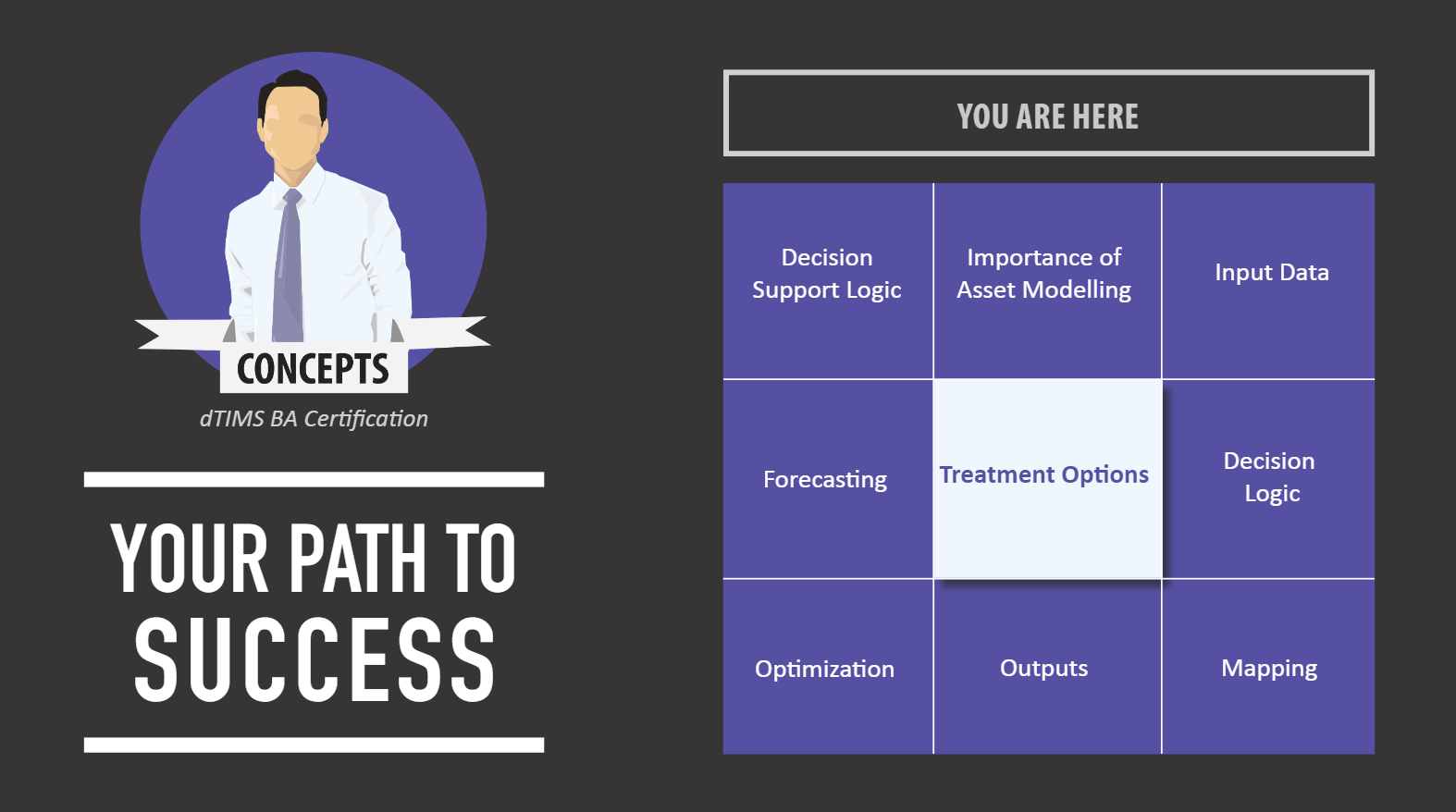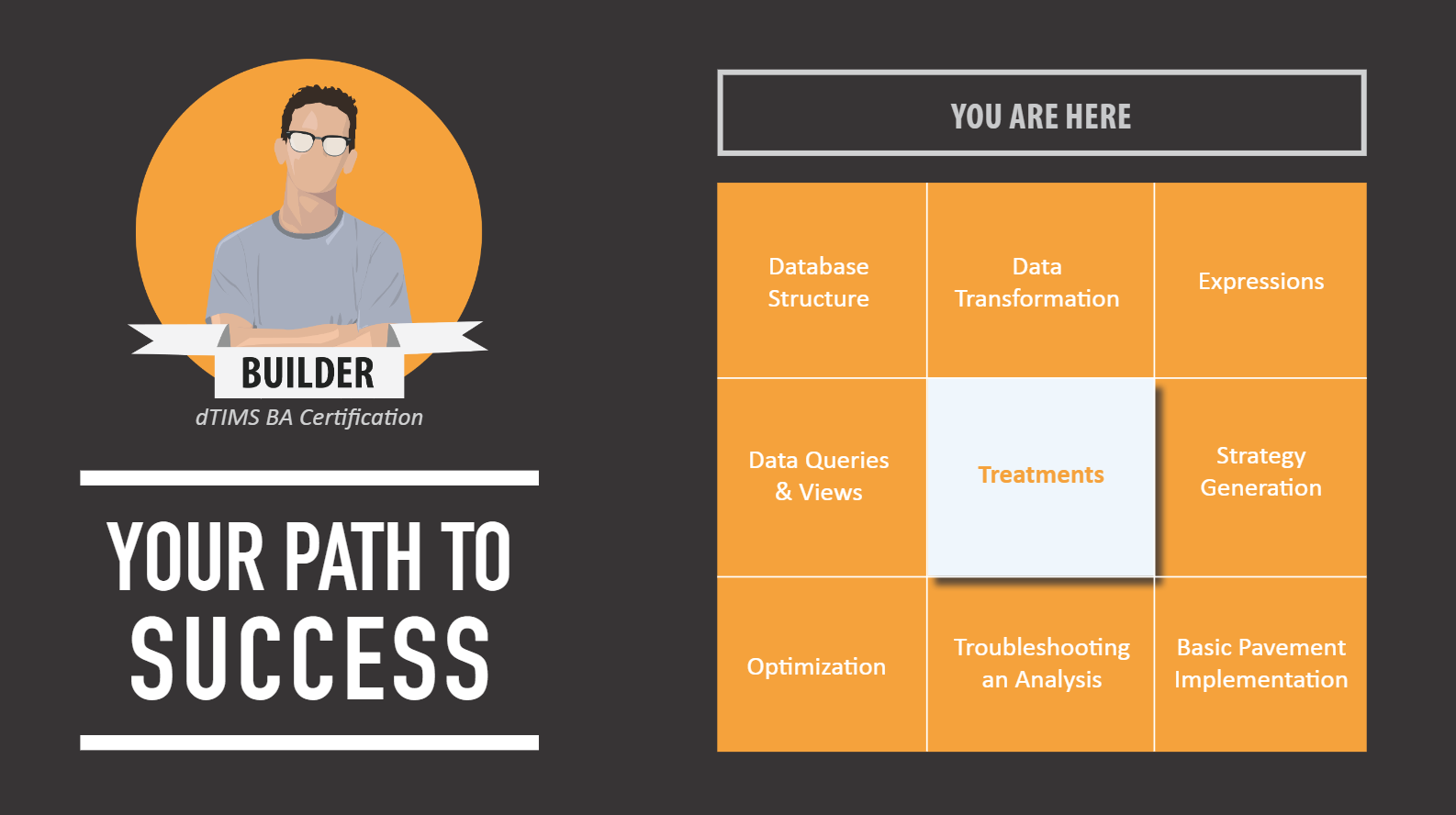A lot has changed in the last year and a half. Nowhere is that more apparent than the way we learn. Consider the way our kids attend school now and the way we onboard new employees. While online learning has been around for years, it is now becoming mainstream and is widely accepted by most.
At Deighton, we started on our eLearning Journey just before the onset of the COVID pandemic. At DUC 2020, we launched the Deighton University with two offerings, dTIMS BA Concepts, and dTIMS BA Practical.
While developing our eLearning content and investigating other eLearning success stories, we took the time to refine our eLearning methodology. We are now developing smaller dTIMS Mini-Courses based on three specific learning streams, as outlined below.
The dTIMS Mini-Course
A Mini-Course is a small, bite sized learning opportunity of roughly 20 to 30 minutes in length. Each mini course will contain corresponding content, a use case, and a quiz. Additionally, each mini course will contain 70 to 80% instructor face time (time where the instructor is on-screen).
Each mini-course we develop will fall into one of three streams: Concepts, User, and Builder. Completing all of the mini-courses in one specific stream entitles you to a dTIMS BA Certificate.
New This Month
Each month you will see at least one mini-course launched. We are excited to release Decision Support Systems - Part I today! This mini-course was co-developed with our eLearning partners IDS Limited.
In this mini-course, you will explore the Decision Support System and the following points:
Why we need tools to help us predict the future
What a Decision Support System looks like
Key components of a Decision Support System and how they interact
Requirements, inputs, and assumptions that will give you the context needed to continue on your modeling journey
Coming Next Month
Watch for Loading and Archiving Data in August! In this mini-course you will explore the basics of importing data into your dTIMS Database. Upon completion you will able to import data and archive historical data.









